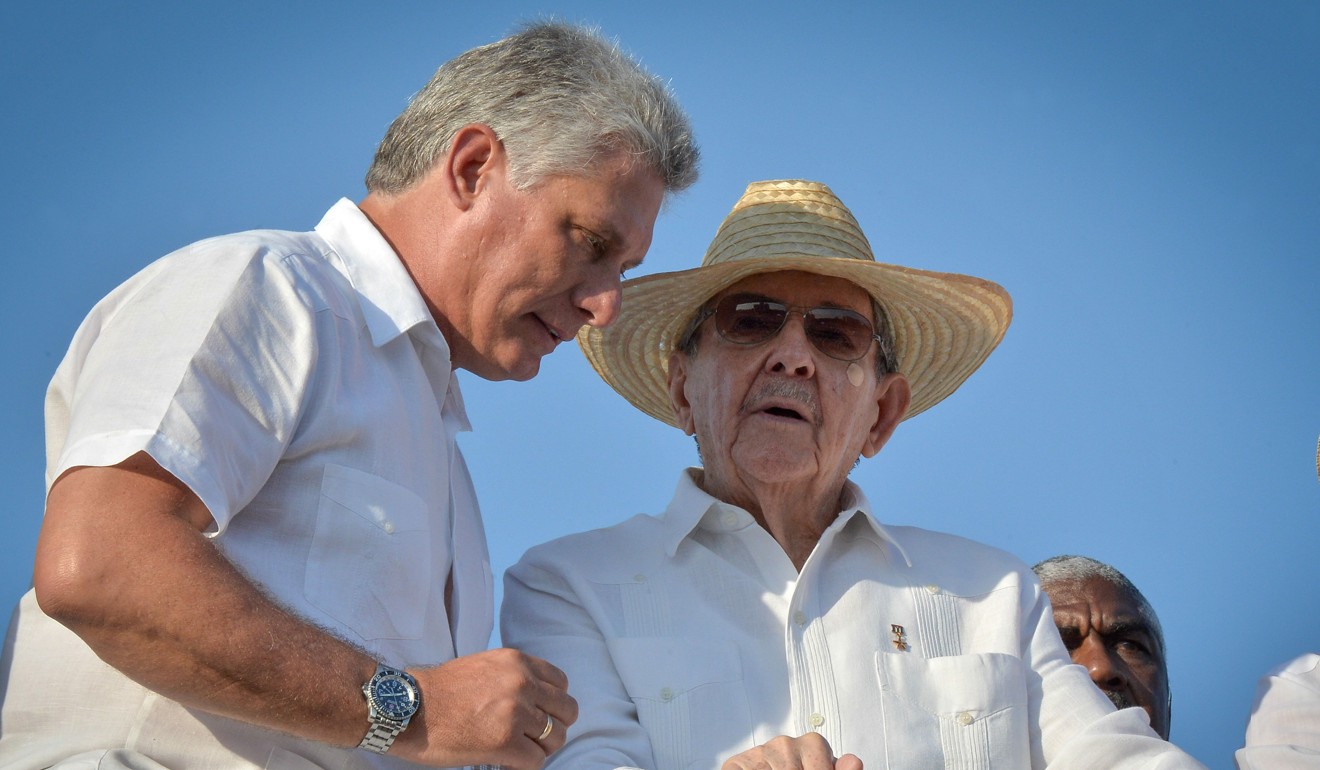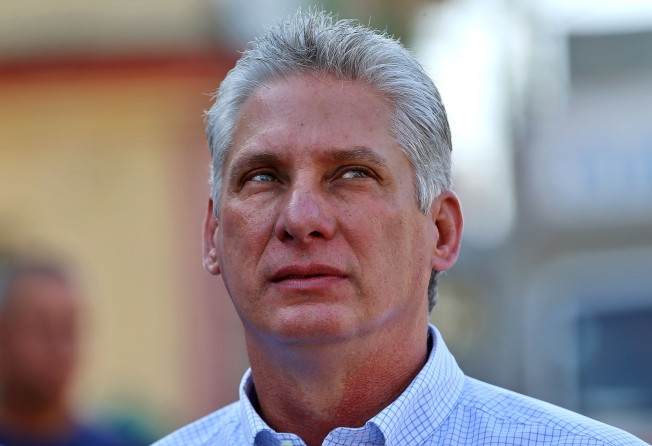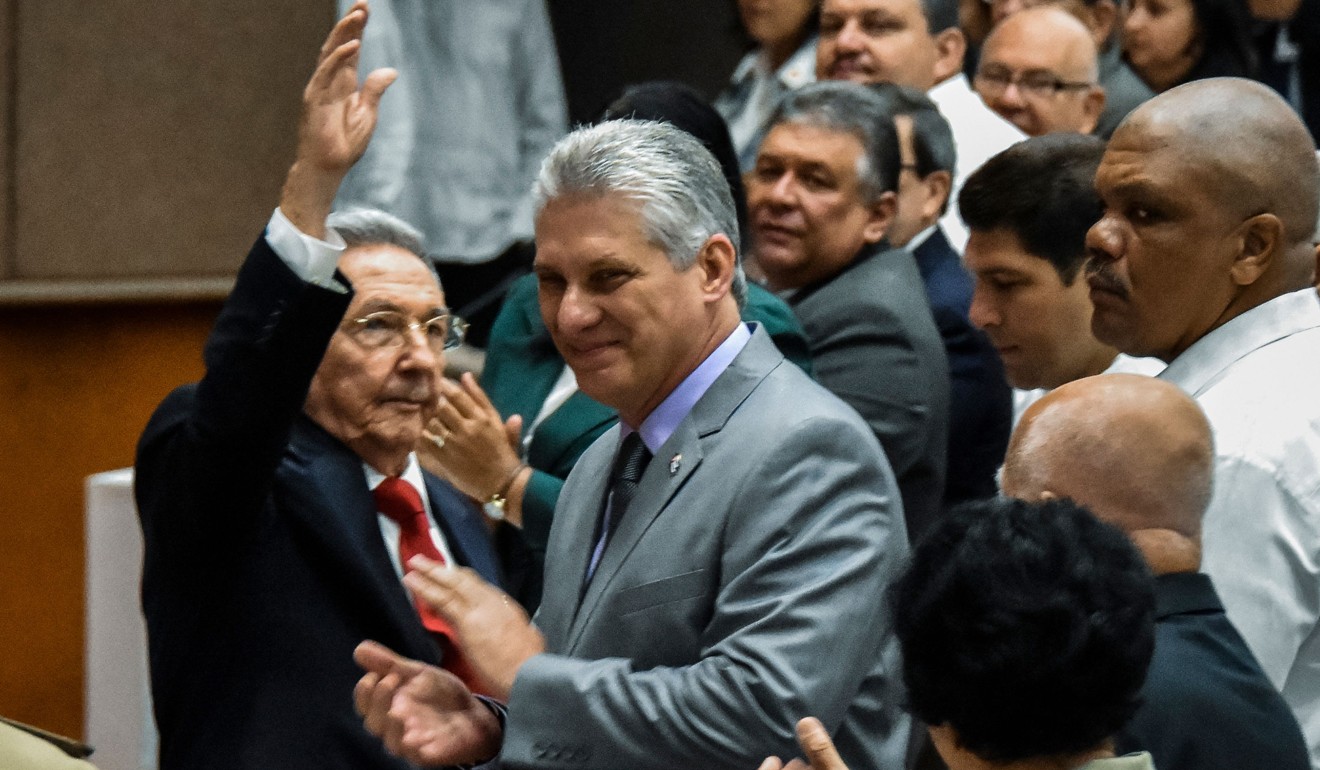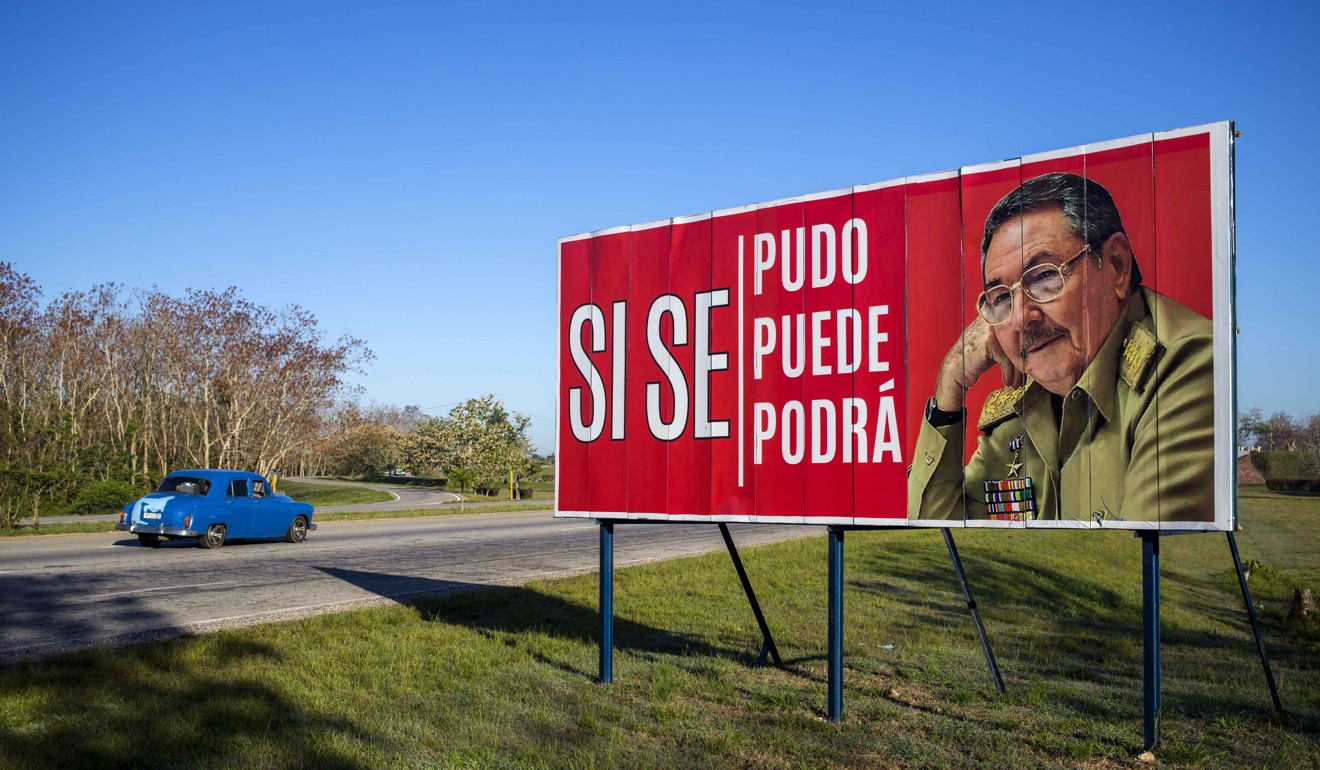
Cuba proposes Miguel Diaz-Canel to succeed Raul Castro as president
The country proposed Miguel Diaz-Canel as sole candidate to replace Raul Castro as president; the result will be formally announced on Thursday

Cuba on Wednesday proposed First Vice-President Miguel Diaz-Canel as sole candidate to replace Raul Castro as president, which will make him the island’s first non-Castro leader since the 1959 revolution.
The proposal is subject to a vote later in the day by the National Assembly and the result will be formally announced on Thursday. Such votes are usually unanimously or nearly unanimously ratified.
The day-long process of selecting Castro’s successor was the centrepiece of an effort to ensure that Cuba’s single-party system outlasts the ageing revolutionaries who created it.

Diaz-Canel, 57, has long been seen as the overwhelming favourite to replace Castro, and a series of high-profile appearances on state-run television in recent days have done nothing to change that.
Castro, 86, entered the National Assembly chamber just after 9am accompanied by a broadly smiling Diaz-Canel. The 605 assembly members were sworn in, then voted for the president and vice-president of the legislative body itself.
The president and vice-president of Cuba and other national leaders will be voted on later in the day.
As in Cuba’s legislative elections, all of the leaders being voted in on Wednesday are selected by a government-appointed commission.
Ballots offer only the option of approving or disapproving the official candidate. Candidates generally receive more than 90 per cent of the votes in their favour.

Castro is stepping down after two five-year terms. His brother Fidel was prime minister and president from 1959 until he fell ill in 2006.
Although Osvaldo Dorticos was president of Cuba during Fidel Castro’s time as prime minister, he was considered a figurehead beside the man who led Cuba’s revolution, forged its single-party socialist system and ruled by fiat.
Cuba’s government is also embracing social media as the time nears for the anointment of a new leader.

State-run media and government-controlled Twitter accounts are promoting what is expected to be a historic handover of the presidency to the first non-Castro to lead the country in nearly 60 years. The accounts are using the hashtag “Somos Continuidad” or “We are continuity.”
It’s apparently an effort to convey the message that the Cubans should not expect radical change under the new president.
Internet access has increased significantly over the past two years but Cuba still has one of the lowest percentages of home internet usage in the world.
Few Cubans use Twitter and the vast majority of the country relies on television for news.